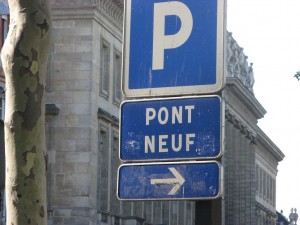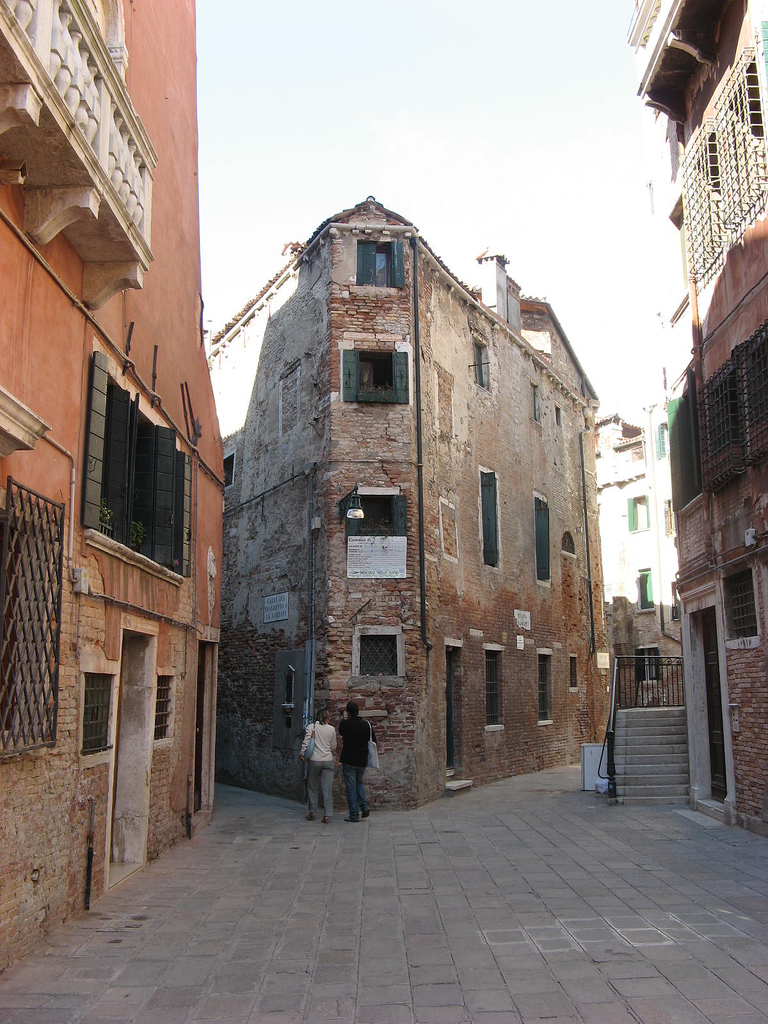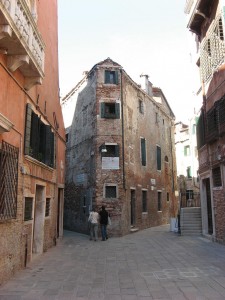I was reading through one of my favorite blogs
Play the Past, which discusses the intersection between games and cultural history (or gaming cultural history). One of the posts in particular about Playwatch was subtitled
Fracturing the Inevitably of the Past. Besides being one of the greatest titles ever, it is profound on so many levels. We tend to view history in this prism, that we are lurching, slouching towards some inevitable future. That events have unfolded because they had to happen that way, or, worse yet, because they were supposed to happen that way. These are essentially
historical fallacies that most historians are keen to avoid. Inevitably is a tough rut to break out of in history precisely because it is taught in such a linear dimension. A happened then B happened (thus imparting some causality of A on B to the average learner).
- cultural amnesia (repeating mistakes of the past precisely because we choose to ignore our profound culpability in the outcomes of decisions)
- arrested development on the personal level (same as brackets above)
We are keen as a society to bemoan younger generations and their lack of understanding of consequence. We, older, can appreciate mortality (at the very least) and morality (ideally, but perhaps this is idealistic), that decisions have consequences, both positive and negative (almost always positive and negative). Attempts to ingrain this notion of consequence is laden in our educational culture and generally to very little effect. We try and teach history in a linear fashion to show the A led to B which led to C and C was bad so we want to avoid A and B. What it does though is implicitly implies that A, B, C are outside individual (and cultural) control so why bother worrying about them. This leads to a disinvestment in our common cultural landscape of collaboration and decision making. Not a good phenomena, but perhaps an inevitable one (just trying to see if you are still reading).
So rather than bemoan the digital darkness, I come to you with an idea. I wrote about this a bit before, in terms of harnessing mobile, augmented technology to serve as a cultural and philosophical guide through life:
Those two posts are dealing more with the upfront and reflective practice of deliberate decision-making. Weighing options and making an informed, philosophically and culturally sound decision based on past masters and such. This is now more about learning from mistakes or decisions made that spun consequences or, here is the ultimate adult moment, good decisions that have bad consequences (ie, regret). So why not use mobile (or any technology really) a bit to retrace steps, actions, decisions points and consequences in the hope that patterns will emerge that will reveal future learning opportunities. It couldn’t hurt the learner becoming a more discerning individual (I say naively).
And this can all be mapped onto an augmented reality application complete with some sort of long form reflective tool (audioblogging, perhaps?). Learning activity. Go back to the actual location of a decision point. Map choices as physical directions (as in the picture above). Reflect on the actual (what happened when I took path A?). Reflect on the theoretical (what would have happened with path B?). Reevaluate chosen path (even if you choose the same one). Map as GPS, embed (a learning geography). An accompanying site (I am thinking like
Historypin, but for learning). Make all of the recorded, reflected learning sortable (by tags or location or whatever) and exportable. Want to give your children a legacy. Expose them to your recorded learning process over the years. At the very least, give it to them and say “do better than this.”
I know that we have an apples and oranges comparison here. That intellectual/emotional/moral decision points don’t always have corresponding geography, but thinking back on how we capture those decision points in our mind, I am guessing we would be surprised how many of them have at least a corresponding contextual landscape. They exist in a place, even if that place is online. Map them (secondary idea: mapping the geography of online space). For younger learners, this is certainly a good step in the right direction towards discernment and an understanding of consequence. And throw in a Shakespeare character or two. What would Hamlet do in this predicament? Answer: murder everyone. Just messing. You get the idea.

(What would Jason Bourne do? Answer: something akin to Hamlet. But with less talk.)
Certainly there is a larger cultural application here and some great learning potential for specific disciplines like architecture, urban planning, history, sociology, etc. as any tour of
HistoryPin will immediately reveal. With the image below, use the old and the new juxtaposed against one another to determine design consequence and how design choices affects the communal investment in a specific place. Make it their own and they will treat it their own. Design imparts that to individuals as it is society’s cultural values writ large. It also fractures that inevitably of choice, that we are inherently lurking towards a specific destiny. It is more than that. We are making it.



